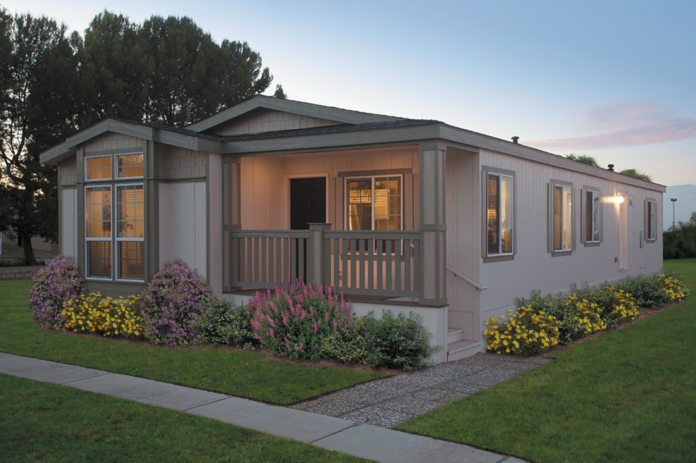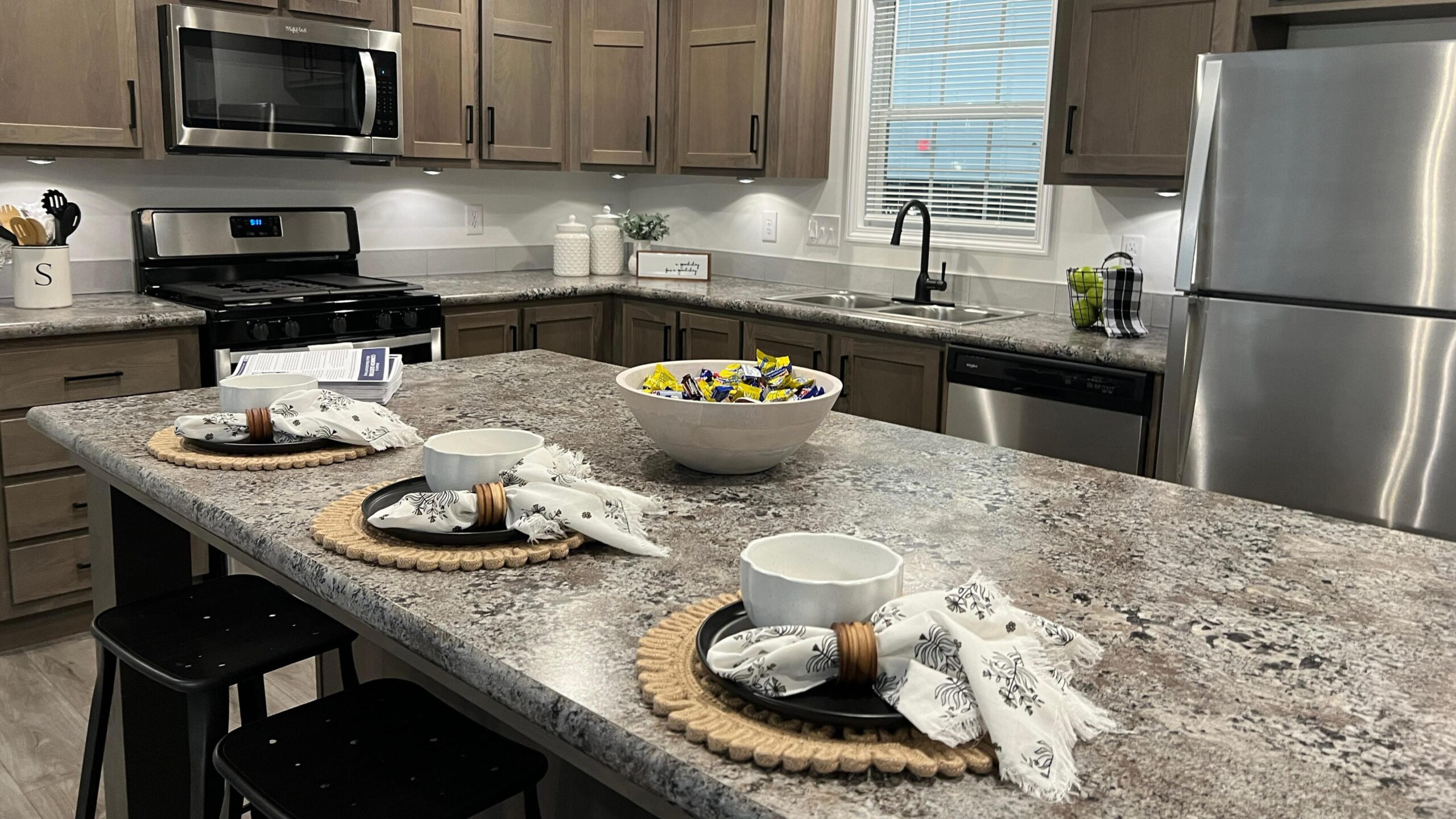What Does Mobile Home Insurance Cover?
Mobile and manufactured homes often fall into the same spectrum of personal property as boats and RVs. This creates an incongruity between the way that site-built homes and manufactured homes are insured. Mobile homes are evaluated differently from site-built homes. Land ownership typically is separate from the actual home.
There are a number of advantages to buying and insuring a mobile home. However, depending on where and how your home is situated, you’ll need to consider varying forms of coverage.
Structural Coverage
The physical structure is perhaps the most easily evaluated, yet important element of the insurance assessment. Retaining an insurance policy on the structure itself protects the owner from gross loss. This includes events like a house fire and significant weather damage.
An mobile home is generally considered a home that was constructed before 1976. Whereas, a manufactured home could be of similar structure, but have a later date of construction. Either option would be insured in a similar way, but a modular home may require a policy like a site-built home.
Mobile homes may only require a Named Perils Policy where coverage is determined based on the type of damage sustained. This coverage typically is less expensive than other plans. But it is important that you check with your insurance agent to verify exactly what is included in your coverage plan.
Dwelling
Mobile homes are eligible for Dwelling Coverage, which insures attached structures such as porches, chimneys and garages. This can be especially useful for personal property storage, like in the case of an attached garage.
Say, for instance, your home is damaged by a fire. This is a risk and concern for many homeowners. But insurance for your manufactured home should cover the cost of the damage and any required replacements to structural elements.
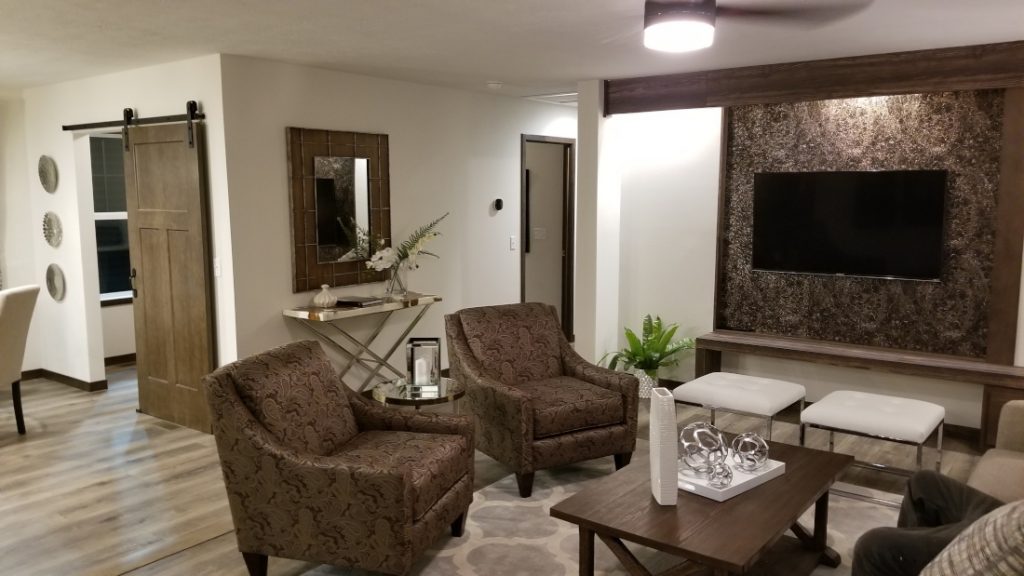
Personal Belongings
Furniture and electronics are protected with personal belonging coverage. It is essential to insure personal belongings, especially those of value like your TV or computer.
The coverage can be considered by Actual Cash Value Coverage or Replacement Cost, meaning at actual cash value you will be reimbursed for the assessed value of the item considering age and condition. Replacement cost would evaluate the cost of an item at the time of the claim.
This is usually added to your initial policy based on a report of your assets. It can be especially helpful should your home sustain water damage, for example, that ruins belongings. While this mobile home insurance is not required, it can help you pay to replace the damaged items.
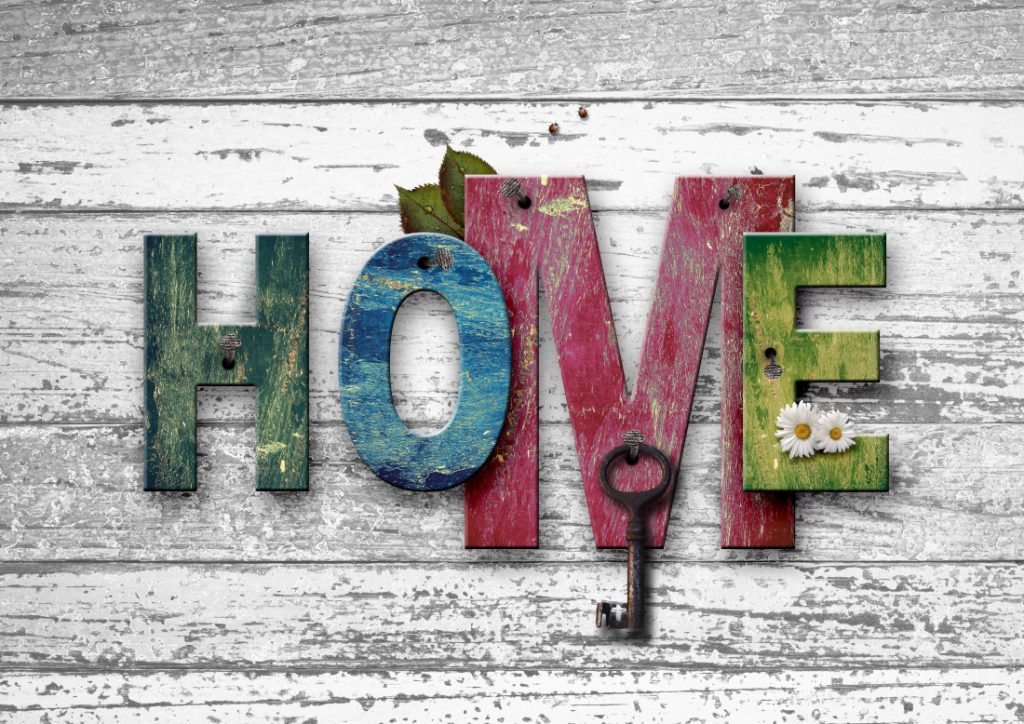
Loss of Use
In the instance that your manufactured home sustains storm damage, and you need to evacuate the residence, Loss of Use insurance will make sure that you can pay for other accommodations.
Should you lose the right to inhabit your home as a result of incurred damage, you may qualify for an insurance refund. This can also be referred to as additional living expenses because it covers meals and housing expenses if you are unable to live in your home.
Setting coverage limits for this particular variation is important because it will determine the amount that is afforded to you if something catastrophic happens and renders your home unlivable.
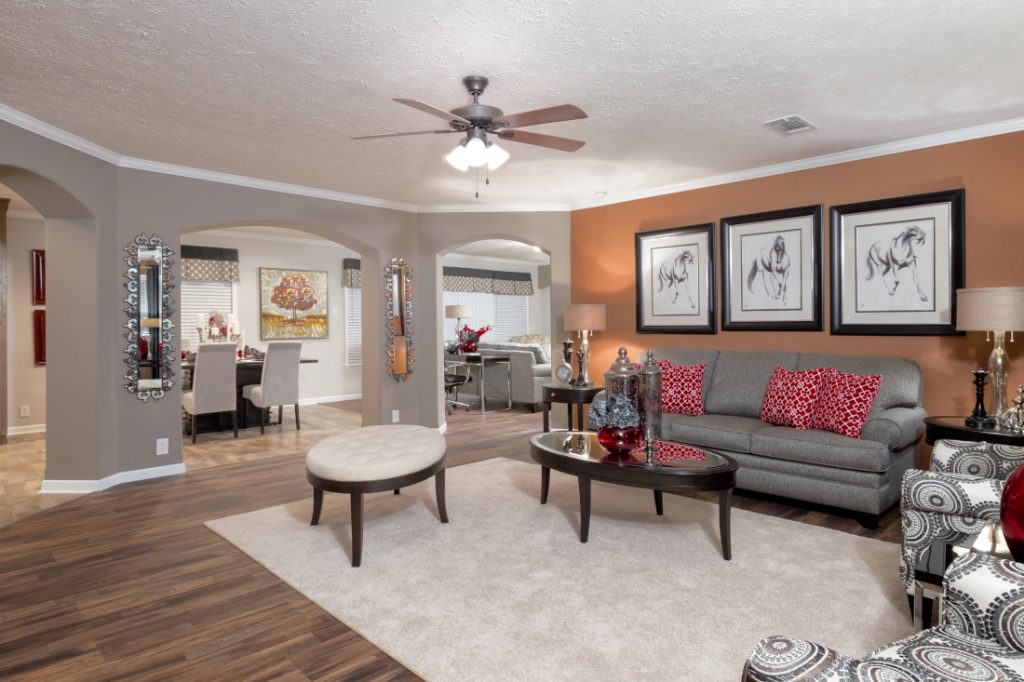
Liability
Another consideration while creating your mobile home insurance policy is liability. If you or someone who resides in your home causes damage to a neighboring home or your neighbor is injured on your property, Liability Coverage can help. This form of coverage typically includes damage to personal property and bodily harm.
Both medical expenses and replacement costs can be covered under mobile home liability insurance.

How Much Does Mobile Home Insurance Cost?
There are a number of scenarios impact the cost of your mobile home insurance. You may be required by law to have extended coverage, depending on community or local regulations. With that in mind, determining your insurance plan can become a question of what is most necessary versus what is required of you.
On the off chance that you’re faced with difficult decisions regarding your insurance, there are several things to consider before purchasing your policy.
Zip Code
The value of your mobile home may very well be determined by where your home is located. Certain cities will have a higher tax rate, and therefore value your mobile home at a higher price point. Take Chicago for instance, with a tax rate nearing 11%, you stand to pay a higher rate for insurance as your home is likely to be appraised at a higher value due to those tax considerations.
Replacement Cost
Another portion of the valuation process will include a detailed rundown of the materials, features, and the construction of your manufactured home. This process will help your insurance company determine the worth of your home, should it become uninhabitable or suffer significant structural damage.
Trip Collision
At some point, moving your mobile home may become a necessity. Making sure that you have coverage for that trip is essential. If your home is damaged in any way, Collision Insurance will provide you the coverage that you need to make any repairs or replacements to your home.


